What is an Accredited Exercise Scientist?
Accredited Exercise Scientists (AES) are university-qualified exercise professionals who use the science of movement to help people improve their health, fitness and wellbeing.
They design safe, personalised programs to prevent chronic conditions, support recovery after injury, and help you stay motivated and consistent with exercise. An AES doesn’t just give you a workout – they give you the tools, knowledge and confidence to move better and live healthier.
Home / What is an Accredited Exercise Scientist
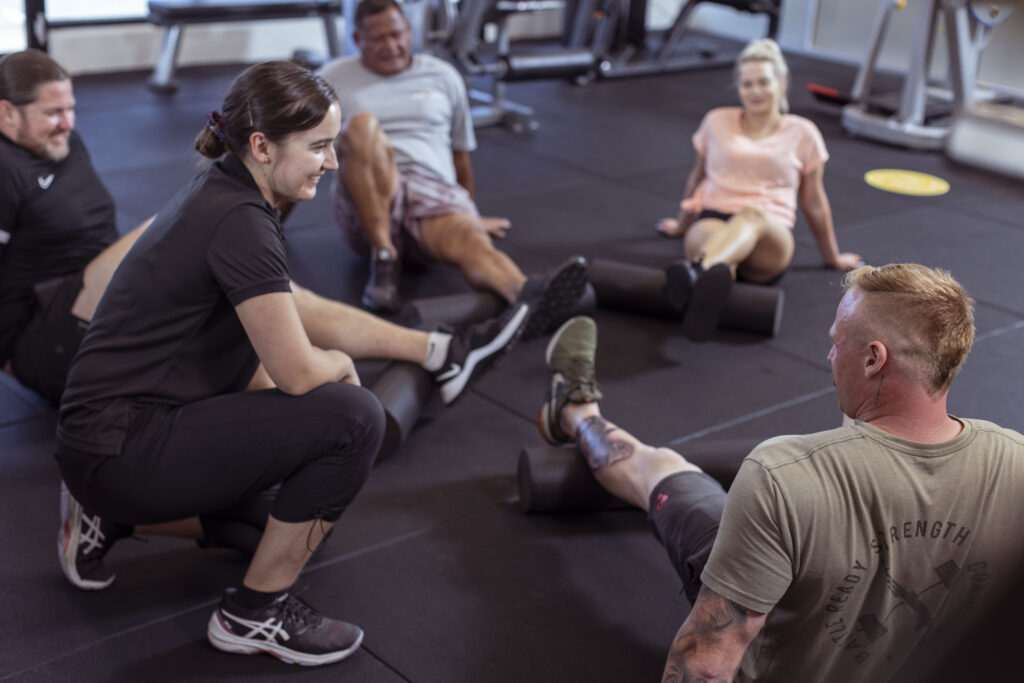
What an Accredited Exercise Scientist does
An AES combines exercise knowledge with coaching skills to support people across a wide range of needs.
They design and deliver personalised, evidence-based exercise programs, conduct health and fitness assessments, and provide lifestyle and behaviour-change coaching. They may also run group fitness or workplace health programs and support safe return to activity after injury.
At the heart of their work is a person-centred approach. AESs consider your individual circumstances and goals, tailoring their support to help you achieve lasting results.
Who can an Accredited Exercise Scientist (AES) help?
You might be surprised how many people benefit from working with an AES. Here’s a few examples and settings where they make a big difference:
- Everyday people wanting to get fitter, stronger or healthier
- Older adults looking to stay mobile, independent and age well
- People at risk of chronic conditions (like heart disease, diabetes or metabolic issues)
- Athletes and active people wanting evidence-based performance advice
- Workplaces looking to improve staff health and wellbeing
- Schools and community programs promoting physical activity
- Gyms and fitness centres wanting to provide safe, professional services
- Community and government organisations delivering public health initiatives
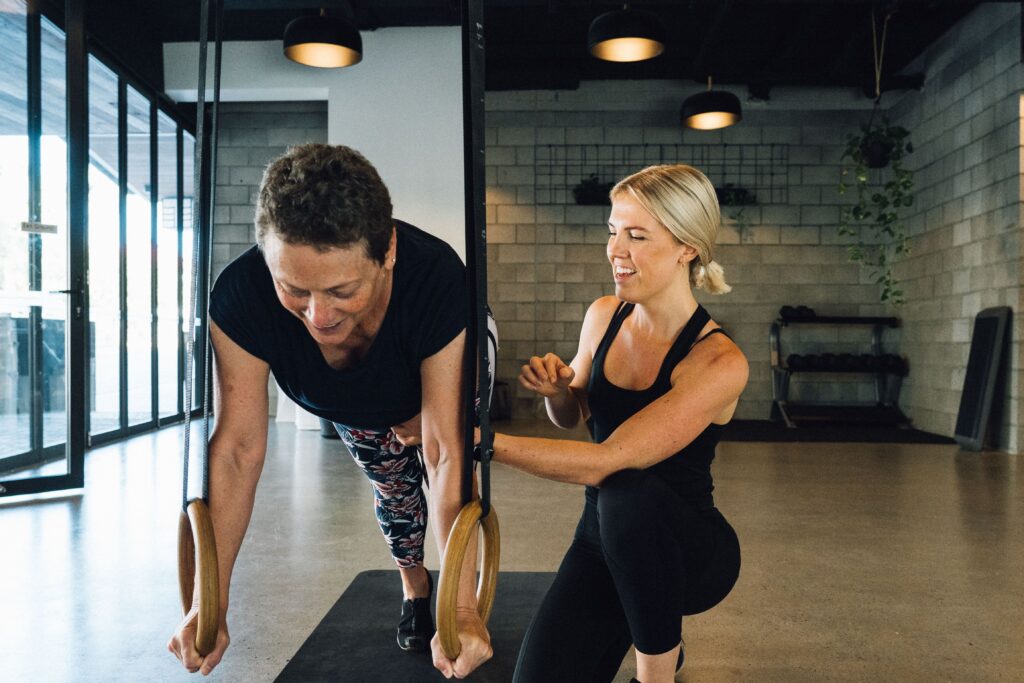
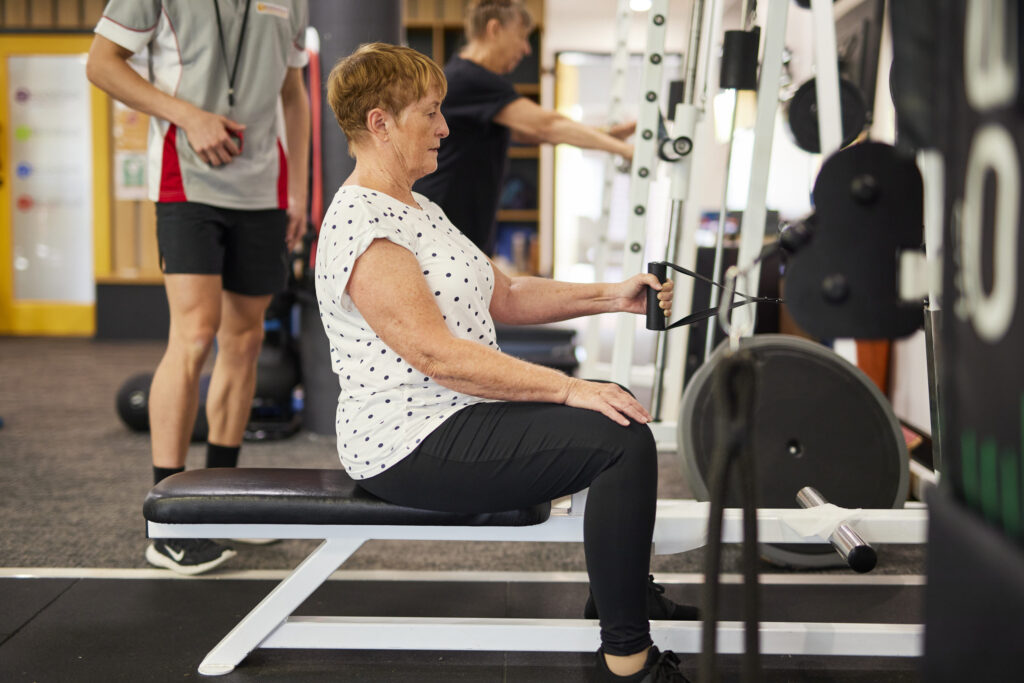
Exercise prescription for chronic conditions
Working with an Accredited Exercise Scientist gives you access to professional expertise that helps you get results faster, stay consistent, and feel confident that your health is in safe hands.
Their programs are designed for long-term outcomes rather than quick fixes, and their support goes beyond exercise technique to include motivation, education and healthy lifestyle guidance.
Because AESs are accredited, you can trust they meet national professional standards, hold current insurance and CPR/first aid certification, and commit to ongoing professional development. This accreditation, governed by Exercise & Sports Science Australia (ESSA), ensures your AES is always working to the latest evidence and best practice.
Working with other health professionals
An AES can independently design and deliver exercise programs for healthy populations and those at risk of chronic disease.
They also work closely with doctors, Accredited Exercise Physiologists and other health professionals to provide coordinated care for people with medical conditions, injuries or disabilities. This collaborative approach ensures that exercise remains safe, effective and tailored to each person’s needs.
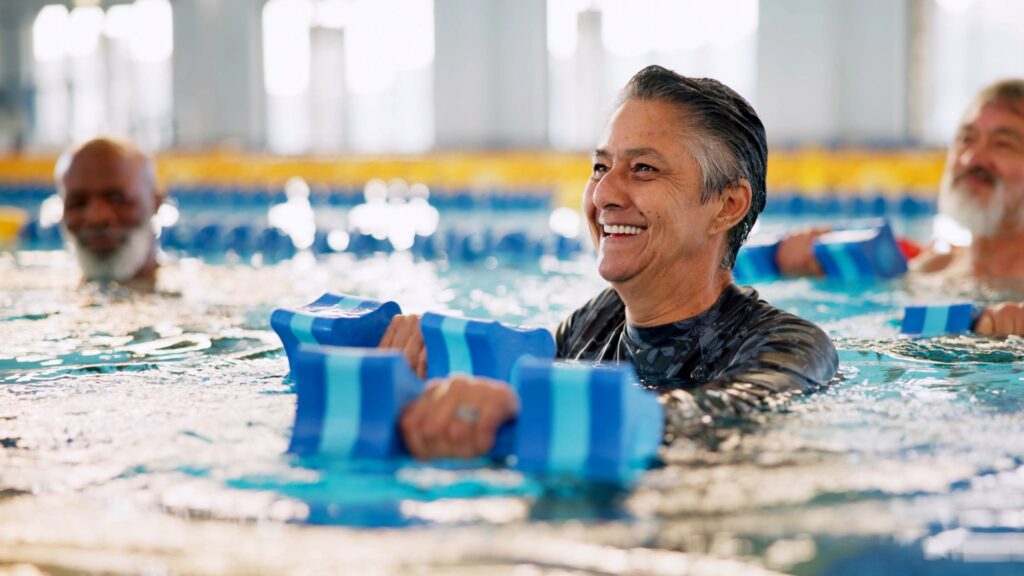
Frequently asked questions
What qualifications does an Accredited Exercise Scientist have?
An AES has a three-year university degree in exercise or sports science. They also complete ongoing professional development, maintain CPR/first aid, and meet strict ethical and insurance standards.
Do I need a referral to see an Accredited Exercise Scientist?
No referral is needed. You can book directly with an AES.
Who should see an Accredited Exercise Scientist?
Anyone can benefit – from athletes aiming to perform better, to people wanting safe guidance to protect their long-term health.
Can Accredited Exercise Scientists work with older adults?
Yes. They are trained to design safe, effective programs for ageing populations to support balance, mobility and overall health.
Are Accredited Exercise Scientists covered by private health insurance?
Some private health funds provide rebates for AES services. Coverage varies, so check with your provider.
Where do Accredited Exercise Scientists work?
You’ll find AESs in gyms, workplaces, community health centres, schools, private practice and more.
How is an Accredited Exercise Scientist different from a personal trainer?
While some Accredited Exercise Scientists may work as personal trainers, not all personal trainers are exercise scientists. The key difference lies in the depth of training and professional standards. An AES is trained in the science of exercise, has a university degree, professional insurance, CPR and first aid certification, and ongoing professional development. When you train with an AES, you can feel confident you’re working with a highly qualified professional committed to your long-term health and performance.
What does ‘accredited’ mean and why is it important?
Accredited means that an exercise scientist has received formal recognition of their training, knowledge and expertise. Just like a doctor, they need to maintain their accreditation annually by completing continuing professional development. This ensures they stay up to date with the latest evidence and best practice and adhere to a set of professional standards. Accreditation is administered by the governing body; Exercise & Sports Science Australia (ESSA). You can check if your AEP is accredited by using ESSA’s verification tool.
What’s the difference between accreditation and registration?
In the fitness industry, some professionals are registered, while exercise scientists are accredited. Accreditation is a higher standard, requiring a university degree, professional development, insurance and ongoing compliance with ethical guidelines. This gives you peace of mind that your AES is recognised as a qualified health professional.
You might be interested in
Ramadan – How To Exercise Right
During Ramadan, it can be tough enough getting through the day let alone finding the energy and motivation to focus on your physical activity. Exercise Right investigates the best way to Exercise Right throughout Ramadan. Many people forget about exercise during this time and this can create huge setbacks to your health and could lead […]
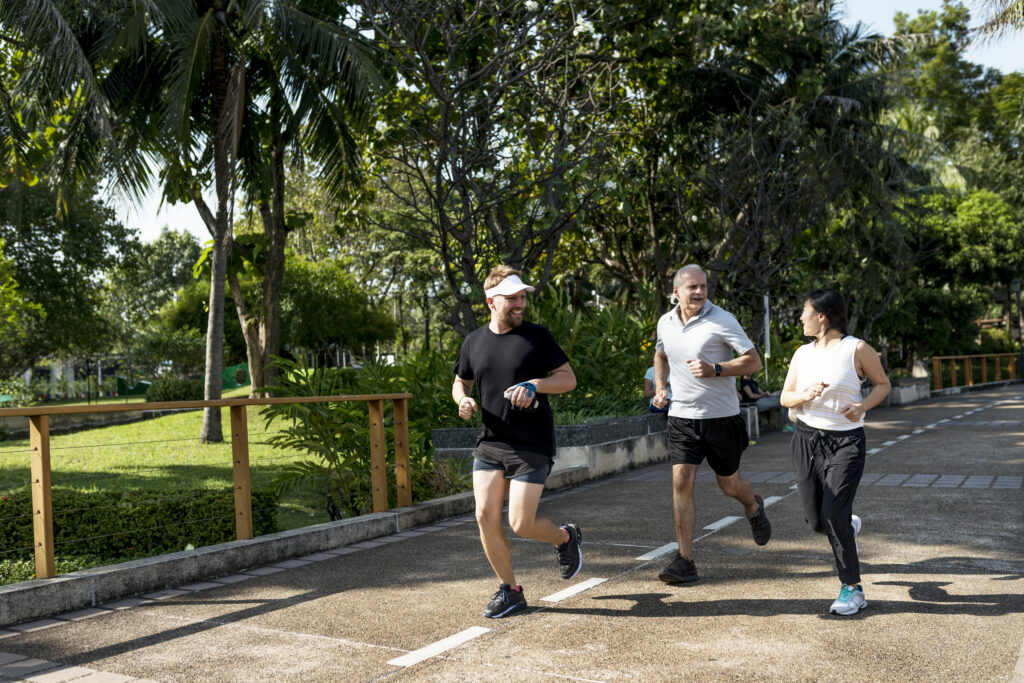
Is 10,000 Steps Right for You?
We often hear 10,000 steps as the golden number to strive for in a day. So how can we achieve this magic number and why should we even try to increase our steps anyway? Regular walking produces many health benefits such as slowing down mental decline, improving sleep, and reducing the risk of heart disease, […]
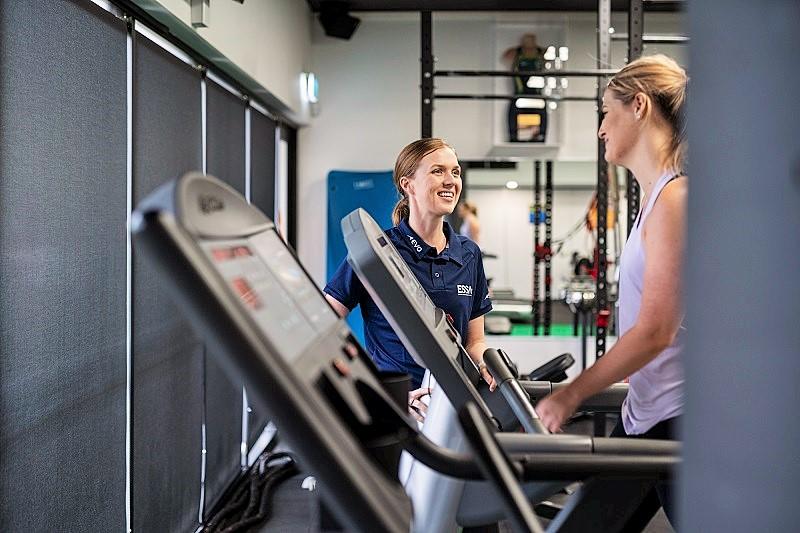
What exactly is an Exercise Scientist?
You might’ve heard the term “exercise scientist” thrown around. Maybe you’ve seen one in your gym or heard about one in the news… But do you actually know what they do? There’s so many different qualifications and titles in the health and fitness industry. If you’re feeling confused, we’re not surprised (and we’re here to […]
